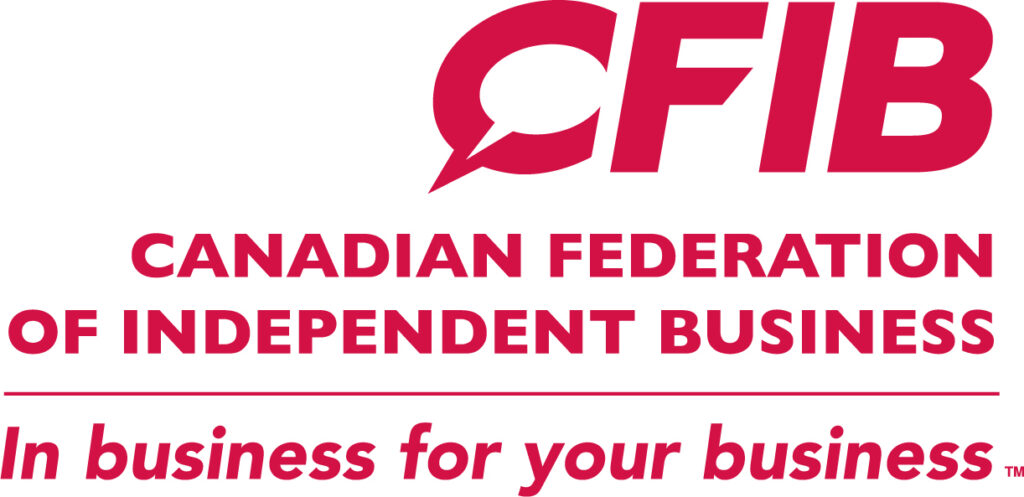‘Missed opportunity to provide meaningful tax relief,’ says group’s Dan Kelly
According to the Canadian Federation of Independent Business, small business owners across Canada were looking to the 2025 budget to provide critical cost relief and to improve Canada’s tax competitiveness to jump start the economy.

Instead, the CFIB contends, most of the budget’s economic measures were reannouncements from the previous year’s budget.
Missed opportunity
“Today was a missed opportunity to provide meaningful tax relief to Canada’s employers,” said Dan Kelly, the CFIB’s president.
“The government could have taken the reins by reducing the small business corporate tax rate, freeing up millions of dollars for investment in employees, technology and operations,” he added.
“Government finances are a mess, but the budget just slows the growth in program spending with overall deficits above $50 billion per year as far as the eye can see,” said Kelly. “Small firms have learned the hard way that today’s deficits are tomorrow’s taxes.”
Budget Concerns
In addition to the lack of tax relief and giant fiscal deficits, many of the measures meant to stimulate the economy or insulate Canadians from the impact of tariffs appear to exclude small firms, Kelly noted. Here are some of the CFIB’s observations:
• The $51-billion Building Communities Fund is to focus on projects using unionized labour, which would effectively exclude 90 per cent of small businesses.
‘Small firms have learned the hard way that today’s deficits are tomorrow’s taxes‘
• The $1-billion Regional Tariff Response Initiative delivered by Regional Development Agencies misses the mark and excludes over half of small businesses that will be deemed too small or in the wrong sector.
• The Canadian Entrepreneurs’ Incentive announced in budget 2024, repeated in the Fall Economic Statement and confirmed as recently as January 2025, has now been officially cancelled.
Focus on these highlights:
• Government is reintroducing the Accelerated Capital Cost Allowance on most capital assets and immediate expensing provisions. The budget also extends immediate expensing to manufacturing and processing buildings. This is a sound way to improve productivity among many Canadian SMEs.

• Legislation to increase the Lifetime Capital Gains Exemption to $1.25 million has been confirmed. This is an important measure to help with small business succession plans.
• Legislation to remove income taxes from the Canada Carbon Rebate (CCR) for Small Business and to extend the deadline will be introduced. CFIB has also confirmed with government sources that the $623 million in CCR payments for 2024/25 will be distributed before the end of the year.
“Small business confidence in the economy remains incredibly low given the massive uncertainty over tariffs from the U.S., China and now India,” said CFIB executive vice-president of advocacy Corinne Pohlmann.
“While progress was made on a few fronts, there were very few new measures that will offer immediate help for small business owners trying to keep the lights on.”



